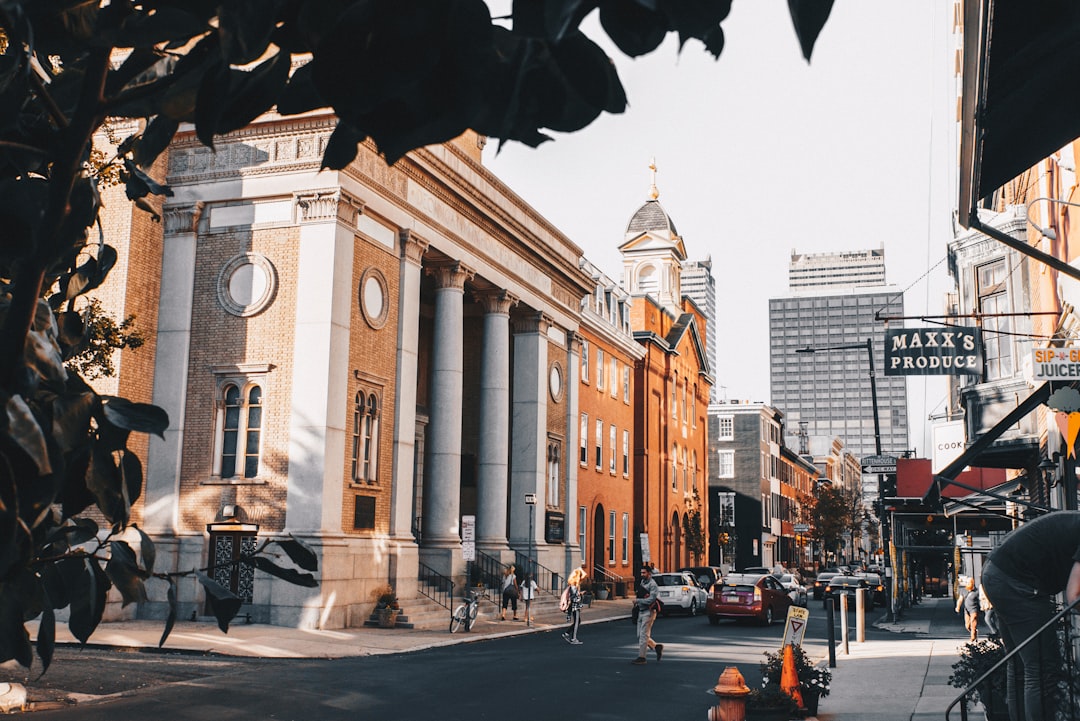In Philadelphia, telemarketers access phone numbers from various sources despite "Do Not Call" laws. They use legitimate methods if they have a prior relationship or recognized local numbers. Aggressive tactics like purchasing databases raise privacy concerns. Philadelphians can register on national "Do Not Call" lists and seek legal help from specialized attorneys, like "Do not call lawyers Philadelphia," to protect their rights against unwanted calls. Local regulations and consumer protection laws are in place, with businesses needing explicit consent for telemarketing. Residents concerned about nuisance calls, especially from law firms, can take action through registration and legal means.
“Unwanted phone calls can be a nuisance, especially when they persist despite your efforts to opt out. In Philadelphia, understanding how telemarketers obtain your number and familiarizing yourself with consumer protection laws is key to navigating these unwanted solicitations. This guide explores the tactics used by telemarketers in the city and offers practical tips on dealing with them effectively.
Learn about local regulations, including Do Not Call laws, and discover when it might be time to consult a specialized Do Not Call lawyer in Philadelphia to protect your rights.”
How Telemarketers Acquire Phone Numbers in Philadelphia

In Philadelphia, telemarketers acquire phone numbers through various methods. One common source is public records and databases that list contact information for residents. These databases are often sold or shared among businesses for marketing purposes. Telemarketers also employ strategies like cold calling, where they randomly dial numbers in an attempt to connect with potential customers. Additionally, some telemarketers use third-party lead generation services or purchase lists of phone numbers from other companies specializing in consumer data.
The presence of “Do Not Call” laws, including those specific to Philadelphia, does not entirely prevent telemarketers from contacting residents. Legally, businesses are allowed to make calls if they have a pre-existing relationship with the consumer or if the caller ID displays a recognized number, such as that of a local law firm or attorney (e.g., Do not call lawyer Philadelphia, Do not call attorney Philadelphia). This loophole allows telemarketers to continue their practices while respecting privacy regulations.
– Discussing the methods and sources used by telemarketers to gather phone numbers

Telemarketers employ various strategies to gather phone numbers, often targeting specific areas like Philadelphia. One common method is purchasing or acquiring databases from third-party sources, which include information scraped from public records, online listings, and even social media platforms. These databases are then used for mass marketing campaigns, reaching out to potential customers indiscriminately.
Another tactic involves using sophisticated software that automatically extracts phone numbers from available data on the internet. This can include websites, business listings, and online directories. Unfortunately, this practice raises significant privacy concerns, as many individuals do not consent to their contact information being shared for such purposes. For Philadelphians seeking to limit unwanted calls, registering on national “Do Not Call” lists and using local resources like a “Do Not Call Lawyer Philadelphia” or consulting with an attorney specializing in privacy rights can help protect against these intrusions.
– Exploring local regulations and consumer protection laws related to telephone solicitations in Philadelphia

In Philadelphia, telephone solicitations are subject to local regulations and consumer protection laws aimed at safeguarding residents from unwanted calls. The City’s rules, in collaboration with state-level provisions, offer Philadelphians substantial protections against unsolicited telemarketing calls, including those marketed as promotions or surveys. Any business engaging in telemarketing within the city must comply with these stringent guidelines, which often require explicit consent before making contact.
For Philadelphia residents concerned about unwanted phone calls, knowing their rights and understanding the legal framework is empowering. If you’ve received nuisance calls from law firms or attorneys promoting their services, it’s worth noting that there are strict rules in place to prevent such practices. A “Do Not Call” lawyer in Philadelphia can guide citizens on how to register for exclusion from such calls and take appropriate legal action if their rights are violated.






